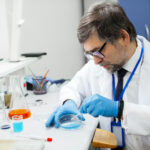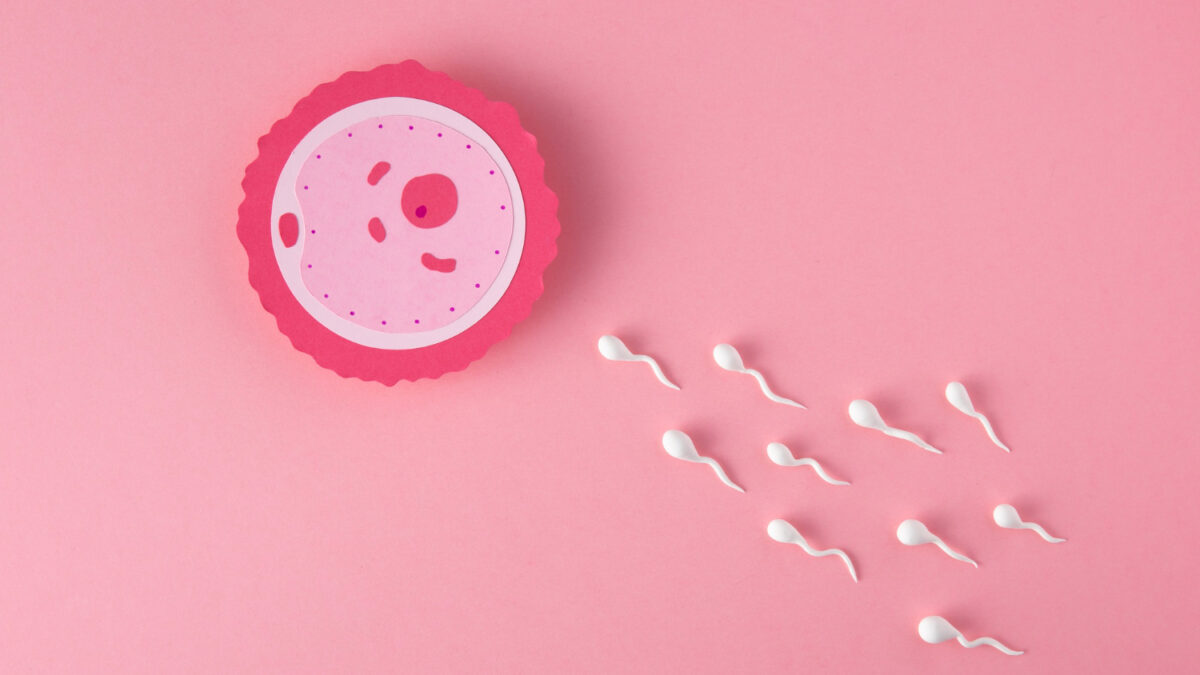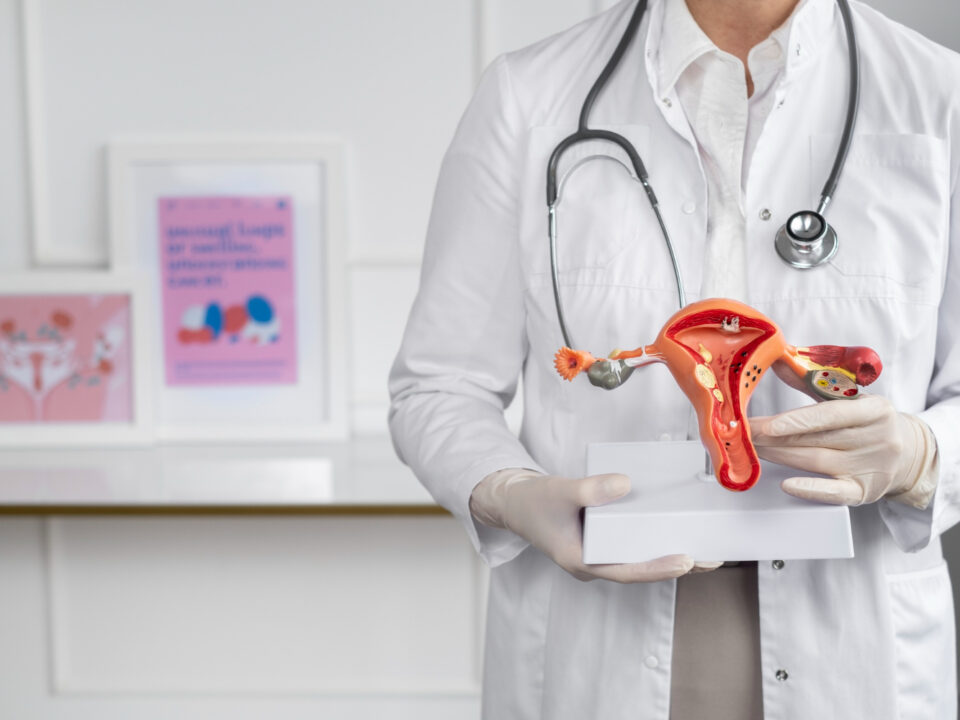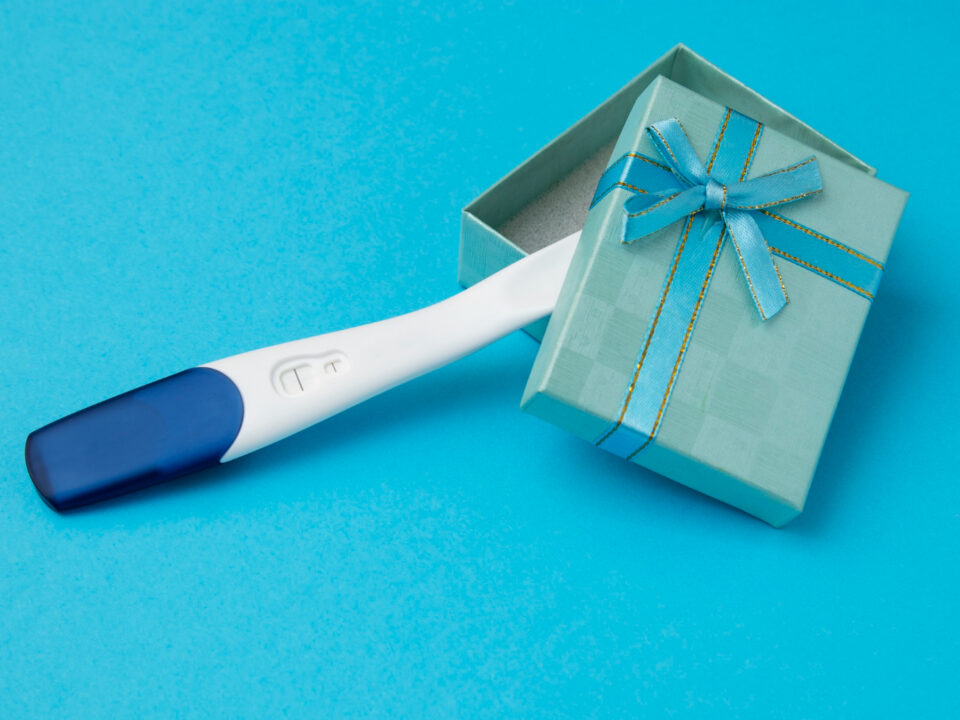
What are the IVF laboratory procedures used in special cases?
Nisan 24, 2025
What is fresh and frozen Embryo Transfer and When Is It Performed during IVF? Which one should be preferred ?
Nisan 26, 2025What is Egg Collection and Why is it Essential for IVF Success?
Egg collection, also known as egg retrieval, is a critical step in the IVF process that significantly influences the success of fertility treatments. As part of the intricate journey towards conception, this procedure involves carefully extracting mature eggs from a woman’s ovaries.
During this pivotal phase of fertility treatment steps, doctors use trans vaginal ultrasound guidance to ensure precision and safety when collecting eggs. This meticulous approach not only maximizes the number of healthy eggs retrieved but also enhances reproductive health by minimizing potential complications.
The success rate of IVF largely hinges on the quality and quantity of eggs collected. A higher number of healthy eggs increases the chances of fertilization and embryo development, offering hopeful parents more opportunities for successful implantation and pregnancy. Therefore, understanding and appreciating the significance of egg collection is essential for anyone embarking on their IVF journey.
In summary, egg collection is not just another step in fertility treatment; it is an indispensable component that plays a vital role in achieving reproductive goals. By prioritizing this stage with expert care and attention, individuals can enhance their prospects for realizing their dreams of parenthood through IVF.
The Science Behind Egg Collection: How Does It Work?
The science behind egg collection is a fascinating blend of precision and technology, designed to maximize the chances of successful fertility treatments. At the heart of this process is ovarian stimulation, a carefully monitored phase where fertility specialists administer medications to encourage the ovaries to produce multiple mature eggs. This step is crucial because it increases the number of eggs available for fertilization, enhancing the likelihood of success.
Once ovarian stimulation has achieved its goal, it’s time for the egg retrieval process. This involves follicle aspiration, a minimally invasive procedure performed under sedation. Using ultrasound guidance, a thin needle is inserted through the vaginal wall into each ovary to gently extract mature eggs from their follicles.
The extracted mature eggs are then carefully assessed in a laboratory setting, maturity is evaluated and eggs are prepared for ICSI procedure. Each step in this meticulous process underscores the incredible advancements in reproductive medicine and highlights how science continues to make strides in helping individuals achieve their dreams of parenthood. With such sophisticated techniques at play, it’s clear that understanding and utilizing these methods can significantly enhance fertility outcomes.
When is the Perfect Time for Egg Collection During IVF?

Determining the perfect time for egg collection during an IVF cycle is crucial for maximizing the chances of success. The timing of egg retrieval is a delicate balance, as it directly impacts the quality and maturity of the eggs collected. Understanding this optimal egg collection period can make all the difference in your IVF journey.
Typically, fertility specialists aim to retrieve eggs when they are mature but before ovulation occurs naturally. This is usually around 36 hours after administering a trigger shot, which stimulates final maturation and prepares the eggs for retrieval. By carefully timing egg retrieval within this optimal period, fertility experts ensure that they collect viable eggs ready for fertilization.
In conclusion, understanding and adhering to precise IVF cycle timing can significantly boost your chances of achieving pregnancy. Trust in your medical team’s expertise as they guide you through this critical phase with precision and care.
The Step-by-Step Process of Egg Collection in an IVF Cycle
Embarking on an IVF journey can be both exciting and daunting. Understanding the step-by-step process of egg collection is crucial to feeling confident and prepared. The preparation for egg collection begins with a series of hormone injections, designed to stimulate the ovaries to produce multiple eggs. This phase is closely monitored through blood tests and ultrasound guidance in IVF, ensuring that your body is responding optimally.
Once your doctor confirms that the eggs are ready, you’ll receive a “trigger shot” to finalize their maturation. During this minimally invasive procedure, you will be under sedation for comfort. Using ultrasound guidance in IVF, your fertility specialist will gently guide a thin needle through the vaginal wall into each ovary to collect mature eggs.
The entire process typically lasts about 20-30 minutes, after which you’ll spend a short time in recovery before being discharged home. With careful preparation and expert execution of each step—thanks to advances like ultrasound guidance—egg collection becomes a seamless part of your IVF cycle, bringing you one step closer to achieving your dream of parenthood.



